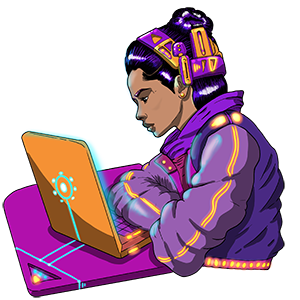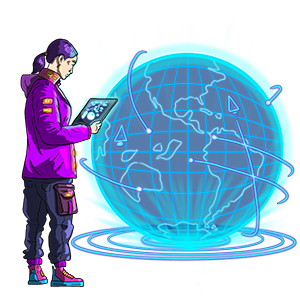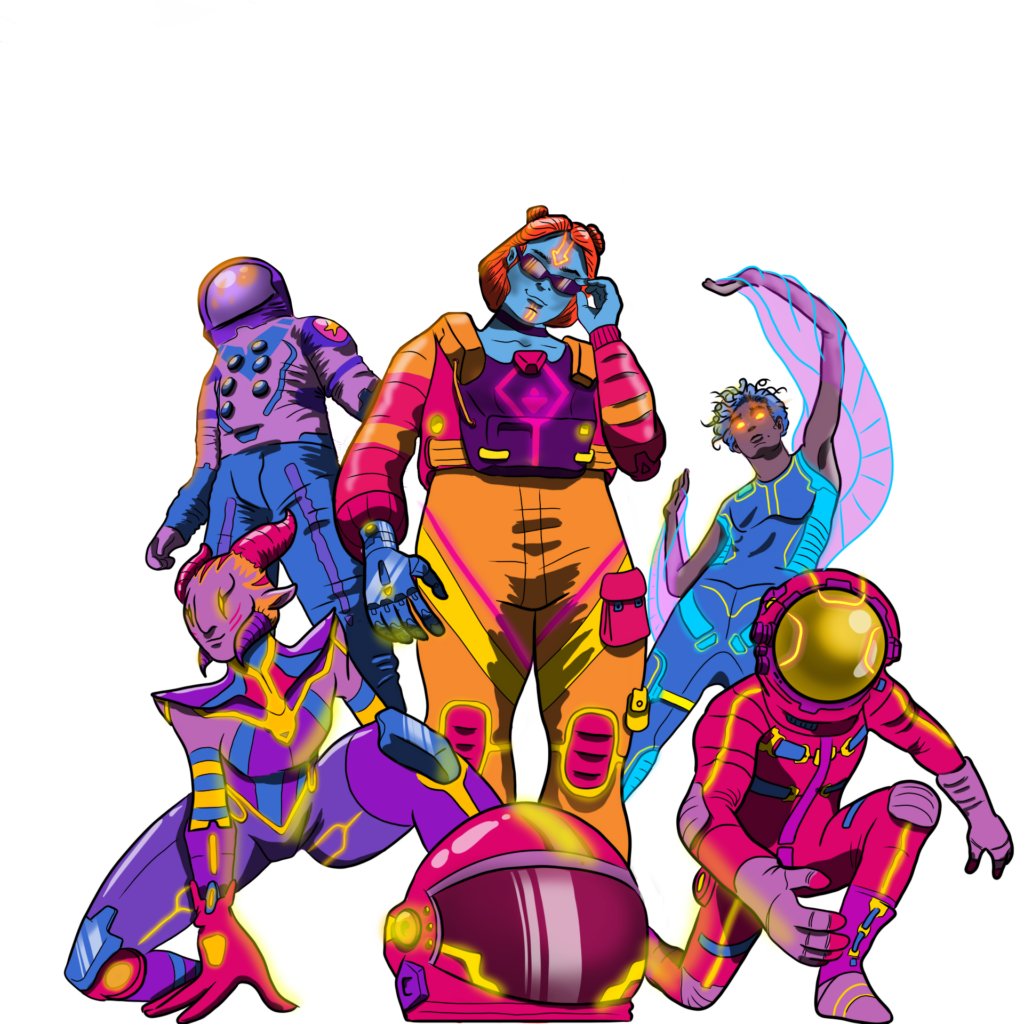In this interview, I’m joined by Marina Ilari, CEO of Terra Localizations, to discuss the future of the localization industry and how Terra is positioning itself to lead in the era of digital transformation. As AI, machine learning, and automation reshape the business, futureproofing has become a critical focus. Marina’s leadership has been pivotal in navigating these changes while preserving the essential human touch that sets Terra apart. Today, we’ll explore her vision for the future, the external challenges facing the industry, and how client feedback informs Terra’s long-term strategies to stay ahead.
Looking ahead, what emerging technologies or trends do you see having the most significant impact on the localization industry, and how is Terra positioning itself to lead in those areas?

Looking ahead, there’s no doubt that emerging technologies—especially AI, machine learning, and automation—will continue to have a transformative impact on the localization industry. As language service providers, it’s essential that we not only stay current with these technologies but actively integrate them into our processes and those of our clients. AI-powered tools, from machine translation to content generation, are already improving speed and efficiency in the work we do, and their potential will only grow.
At the same time, it’s crucial that we continue to demonstrate our unique value as language and culture experts. Machines can assist with language, but they lack the nuanced understanding required to adapt content for different cultural contexts and audiences. This is where our expertise in linguistic quality assurance, cultural adaptation, and project management comes in. We ensure that the final product is not just linguistically accurate but also culturally resonant.
Our company is positioning itself at the forefront of these changes by adopting AI and automation in a way that enhances—not replaces—our core human strengths. We are integrating cutting-edge technologies to streamline workflows, boost productivity, and improve quality, while ensuring that human oversight remains at the heart of our processes.
What are the biggest external threats you foresee for the localization industry, and how are you preparing Terra to navigate them?
One of the biggest external threats I see for the localization industry is misinformation—particularly when decisions about localization are made by individuals or organizations without a deep understanding of the industry. Localization is not just about translating words; it’s about adapting content for different languages, cultures, and markets. When people underestimate the complexity involved, they may turn to quick-fix solutions, expecting technology alone to solve intricate linguistic and cultural challenges. This leads to poor outcomes that ultimately highlights the importance of a good localization strategy.

Another significant threat is the rise of AI-driven companies that claim to offer comprehensive localization “solutions” without the necessary linguistic or cultural expertise. While AI is undeniably a powerful tool in our field, it cannot replace the human element—especially when it comes to nuanced cultural adaptation, context-specific translation, and quality assurance. These companies may offer faster, cheaper solutions, but the lack of quality can harm brands and damage global customer trust.
To navigate these threats, Terra is focused on raising awareness among our clients and partners about the importance of human expertise in localization. We are actively promoting the value of working with skilled language professionals who understand the cultural intricacies that machines can’t grasp. Additionally, we are embracing AI as a tool that complements our work, by enhancing efficiency and streamlining workflows, while always ensuring that human expertise is involved in critical areas such as QA and cultural adaptation.
What role does client feedback play in shaping your futureproofing strategies? How do you balance evolving client demands with your long-term vision for the company?
Client feedback is absolutely central to our futureproofing strategies because it provides direct insight into the evolving needs and expectations of those who are driving localization projects. Our clients ultimately define what success looks like in terms of quality, timelines, and scope, so their input helps us refine our processes, enhance our service offerings, and stay aligned with industry trends.
At the same time, we balance these evolving demands with our long-term vision by staying true to our core values—particularly our people-centric approach. While we strive to meet and exceed client expectations, we also place a strong emphasis on the well-being and development of our team. Our belief is that a motivated, supported team produces the best results, which in turn leads to happier clients.
When it comes to scaling the business, how do you ensure that growth does not compromise the company’s core values or the quality of its services?

Growth is never easy, and it’s something I think about constantly, especially in the context of our mission and our family-owned legacy. We’ve always tried to keep our values at the heart of everything we do, and that has become even more important as we scale up.
As a family-owned business, we’ve always placed a strong emphasis on building lasting relationships with both our clients and our team. As we grow, we’re committed to maintaining that sense of community and personal touch. This also extends to our quality standards. We would never want scaling up to compromise the attention to detail and the high level of service our clients have come to expect.
Ultimately, it comes down to finding the right balance between growth and staying true to our legacy.
In the blog, the importance of leveraging internal expertise is emphasized. How do you ensure that you are getting the most valuable insights from your teams before making key investment decisions?

We place a strong emphasis on leveraging internal expertise before making key investment decisions. One way we ensure this is through initiatives that promote continuous learning and collaboration across teams. Our Champions Initiative, for example, is a key program where individuals from our team champion specific topics—whether it’s new technologies, trends in localization, or process improvements. These champions share their knowledge with the rest of the company, fostering a culture of learning and cross-team expertise. This helps us gather diverse insights that are critical to making informed decisions.
How do you involve different departments, such as HR, IT, and operations, in futureproofing efforts to ensure all areas of the business are aligned with long-term goals?
We believe that futureproofing requires collaboration and alignment across all departments, which is why we actively create spaces for reflection and brainstorming at all levels of the company. These sessions allow us to gather diverse perspectives from HR, IT, operations, and other key areas, ensuring that everyone has a voice in shaping our long-term goals.
As a CEO, how do you ensure open and transparent communication across the organization, especially when introducing changes or preparing for market shifts?
I believe that open and transparent communication is essential, especially when introducing changes or preparing for market shifts. At Terra, we provide multiple avenues for our team members to give feedback, both anonymously and through one-on-one sessions with their leaders or the HR department. This helps us gain real insights into areas for improvement and understand how changes might impact the team.
When we do introduce changes, we strive to be as honest and transparent as possible. We make sure to communicate the reasons behind the decisions and how they align with our long-term goals. We also provide ongoing opportunities for team members to ask questions and voice concerns so that we can address any uncertainties as we move forward together. This approach ensures that communication is a two-way street, fostering a culture where everyone feels heard and valued, even during times of change.

How do you approach futureproofing from a leadership perspective? What key factors do you consider when making decisions that affect the company’s direction?
As a leader, when making crucial business decisions, I always prioritize three key factors: the health of our company, the well-being of our team, and the satisfaction of our clients.
First, ensuring the long-term financial health and sustainability of the company is extremely important. This means making smart investments, staying agile in the face of industry changes, and continuously evaluating our processes to keep us competitive.
Second, the well-being of our team is a top priority. A motivated, healthy team is key to delivering high-quality work and driving innovation. We invest in our team’s development, create a supportive work environment, and make sure everyone has the resources needed to thrive.
Finally, our clients are the cornerstone of our business. Every decision we make is with the understanding that our clients’ trust and satisfaction keep us in business. We’re committed to meeting their evolving needs while staying true to our values of delivering excellence in every project.
What long-term strategies would you recommend implementing to ensure companies remain competitive and resilient in the face of industry disruptions?
In the face of industry disruptions, I think the key to staying competitive and resilient is the ability to adapt quickly without losing sight of your company’s core purpose. Long-term strategies that focus on agility, innovation, and alignment with your mission are crucial.
I recommend fostering a culture of continuous learning and flexibility. The industry is constantly evolving, and companies that empower their teams to stay ahead of trends and embrace new technologies will be better positioned to navigate disruptions.
And then, maintaining a strong sense of purpose is critical. When your company’s mission is clear and deeply ingrained in every decision, you can adapt to changes while still delivering value tailored to your clients’ needs. Your purpose should guide every move, ensuring that even during rapid shifts, you’re staying true to what sets your company apart.
How do you balance investing in new or external resources with the need to prioritize the professional growth and adaptability of your current team members?

When it comes to balancing investment in new resources with the professional growth of our current team, I always come back to the popular phrase: “What if I train my employees and they leave? But what if I don’t train them, and they stay?” It’s crucial to ensure that our team is up to speed with the latest industry trends, technologies, and best practices. Investing in their development is not just a benefit for them but a direct investment in the success of the company.
New technologies and external resources are essential for staying competitive, but it’s equally important to prioritize the professional growth of our internal team. When our team members are empowered with the right skills and knowledge, they’re better equipped to leverage those new resources effectively. This helps us innovate from within, stay agile, and continually improve the quality of our services.

Marina Ilari is an ATA-certified translator and CEO of Terra Translations. She has two decades of experience in the translation industry, specializing in video game localization. Her leadership has propelled Terra to receive accolades like the 2017 Wisconsin Economic Development Corporation’s Rising Star Award and the 2020 Enterprising Women of the Year Award. In 2023, Terra was listed by Inc. Magazine among America’s Fastest-Growing Private Companies. Passionate about gaming and languages, Marina currently works as an Adjunct Professor at the University of New York teaching Audiovisual Translation and co-hosts the translation podcast, En Pantuflas. Contact: marina@terratranslations.com.
